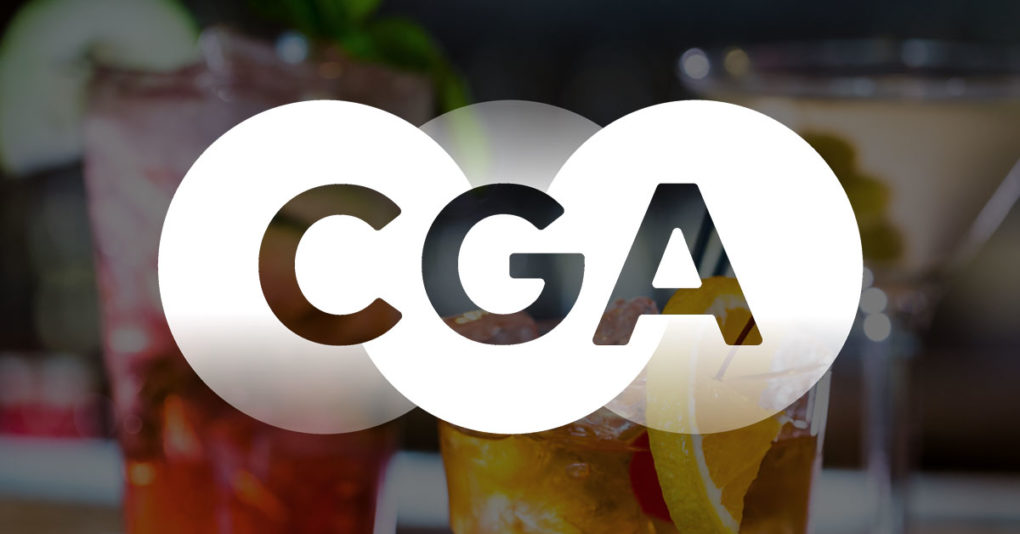
While Nevada has ranked highest in cocktail velocity per outlet for a while, D.C. surpassed it in the 12 weeks prior to the end of June. Its average outlet now generates more than triple the velocity of the U.S. average, although that’s thanks in part to prices that are around $3 higher. Cocktails in the capital are outperforming 2023 levels across times and days of the week, with the biggest increases recorded on Wednesday and mid-afternoons.
Other high sales velocity cocktail states include California and New Jersey, while Illinois, Arizona and Texas all outperform the U.S. market as a whole. Higher prices in New York means it now has the largest average check value, with other northeastern states including Pennsylvania and Massachusetts also performing well in terms of check size. Average selling prices are highest in coastal states, with New York and California both in the top five.
The new data also shows the margarita continuing to win as top cocktail in nearly all states, although the Mojito exceeds it by value in Nevada. Second place varies across states, but the spritz, espresso martini and Moscow mule are all vying for that spot. The margarita’s dominance means tequila is the top cocktail base across the U.S.
Hotel Guests Tapping Into Non-Alc
It may make you think they’re cheap tippers, but “dry trippers” is the new CGA term for hotel visitors who plan to exclusively consume NA beverages during their stays.
Data shows that there are now enough of those consumers to coin the new term: one in four hotel guests are now planning to skip bev-alc entirely over the next 12 months.
“This data indicates a striking opportunity for non-alcoholic drinks brands and suppliers to expand their presence in the hotel category,” read the report.
So, who are dry trippers?
Generally, they’re older guests who opt for standard hotel chains, with more than two-thirds (70%) preferring those types of accommodations. In addition, they are also less likely to spend extra on premium beverages, as they are a price-sensitive group “with a notable portion perceiving non-alcoholic beverages to be overpriced in the hotel environment.”